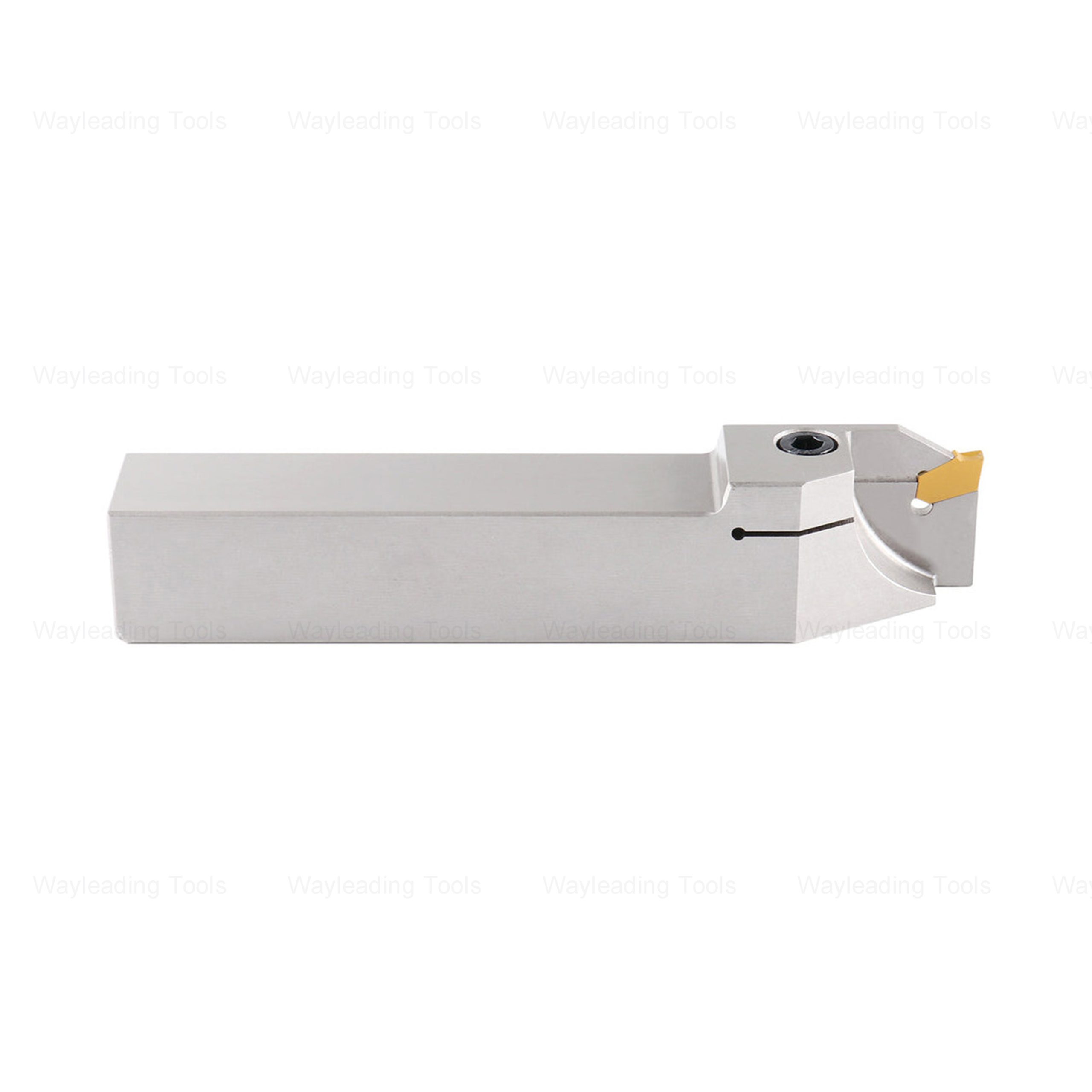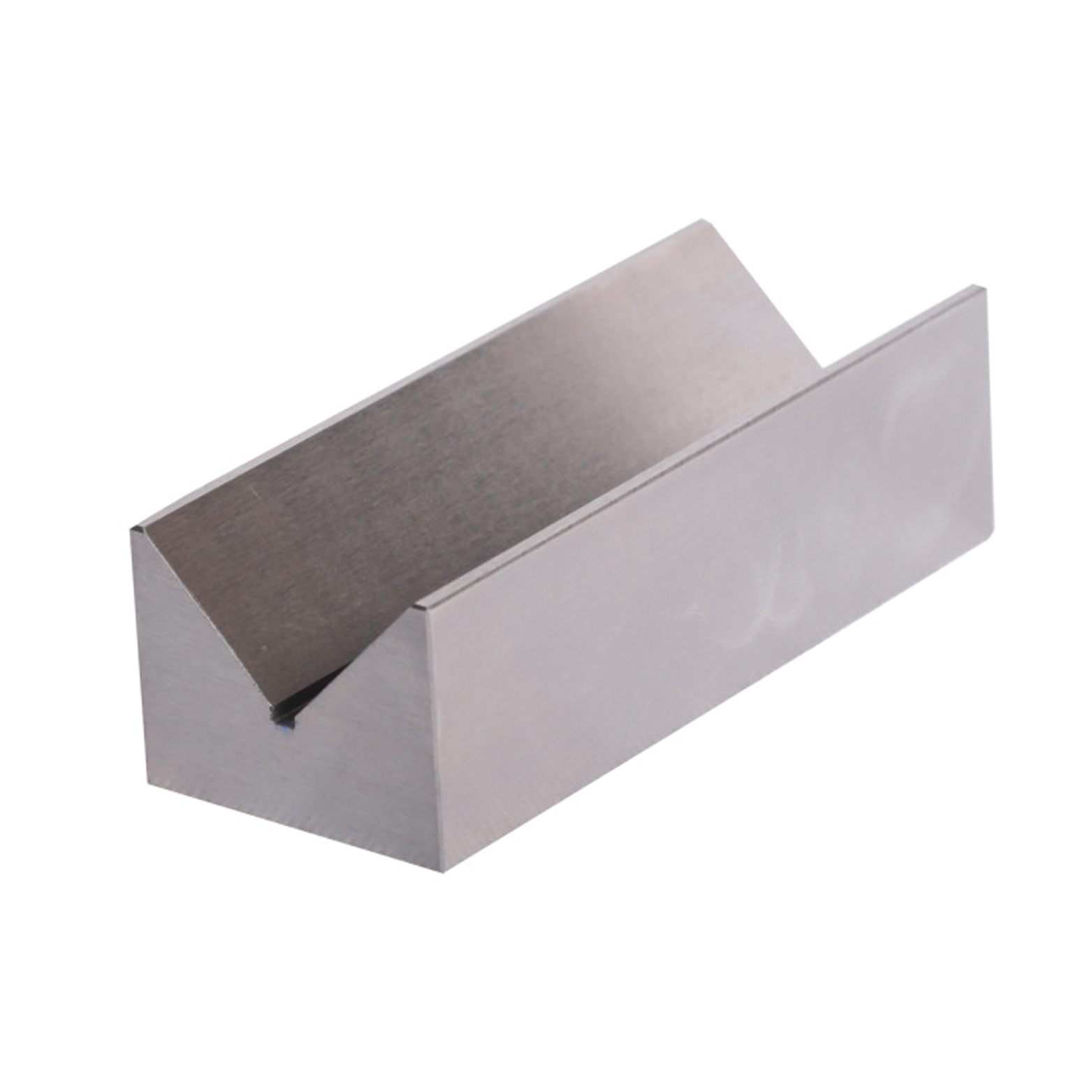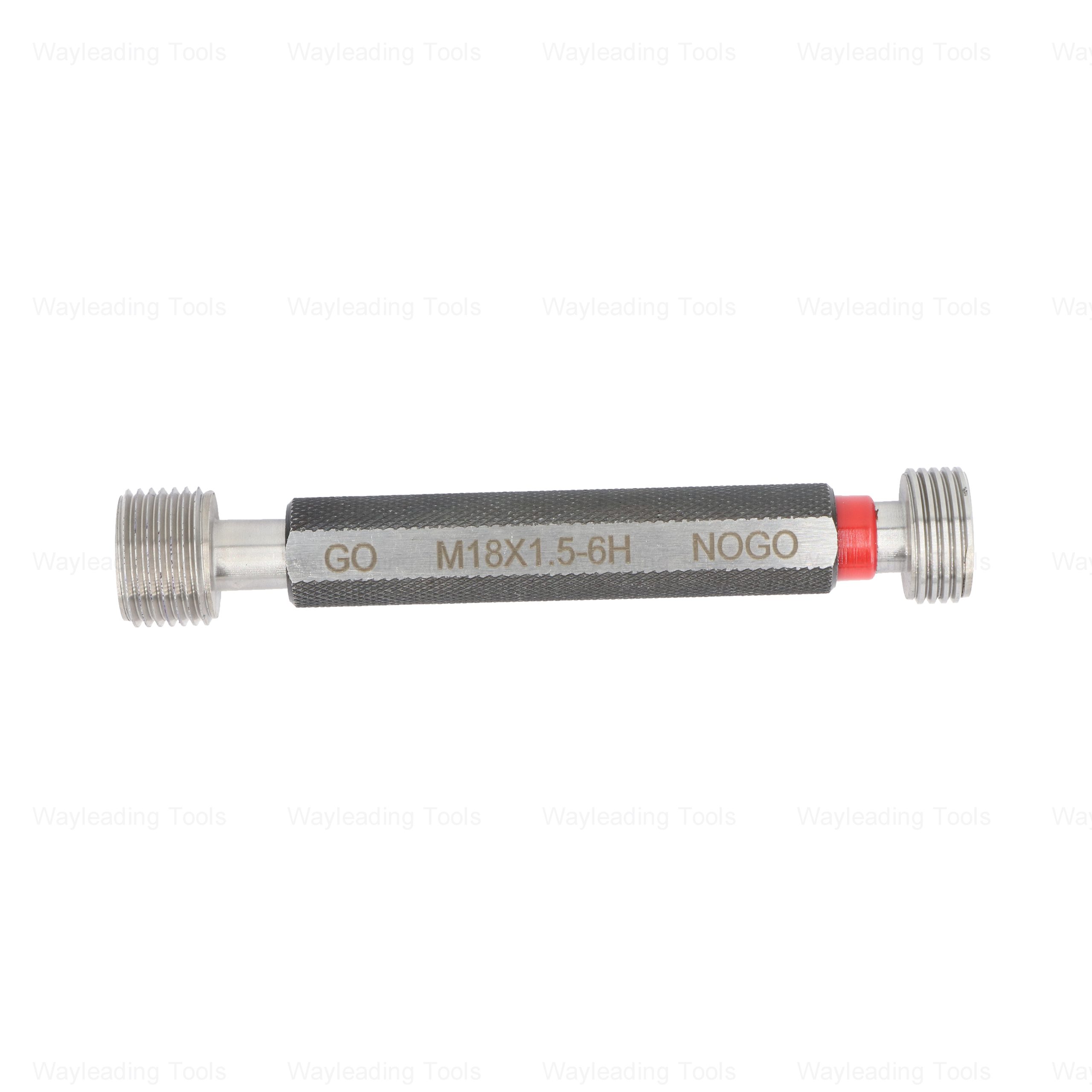machine tools Manufacturers
Navigating the world of machine tools manufacturers can be complex. This guide provides a detailed overview of the key players, technologies, and considerations for selecting the right partner for your manufacturing needs. Learn about the different types of machine tools, factors influencing your purchasing decisions, and how to ensure a successful collaboration with your chosen manufacturer.
Understanding Machine Tools and Their Manufacturers
Machine tools are power-driven machines used to shape or form metal or other materials by cutting, boring, grinding, shearing, or other forms of deformation. Selecting the right machine tools manufacturer is critical for ensuring quality, efficiency, and ultimately, the success of your production processes. From small workshops to large-scale industrial facilities, the choice of equipment and supplier significantly impacts operational outcomes. Wayleading Tools is committed to providing valuable information to help businesses make informed decisions in this complex landscape.
Types of Machine Tools
The world of machine tools encompasses a wide variety of machines, each designed for specific applications. Here are some of the most common types:
- Lathes: Used for turning and shaping cylindrical workpieces.
- Milling Machines: Employ rotating cutters to remove material from a workpiece.
- Drilling Machines: Create holes in materials using drill bits.
- Grinding Machines: Refine surfaces to precise dimensions and finishes.
- CNC Machines: Computer-Numerically Controlled machines offer automated precision and repeatability across various machining processes.
- EDM Machines: Electrical Discharge Machining uses electrical sparks to erode material.
Key Industries Served by Machine Tools Manufacturers
Machine tools manufacturers serve a vast array of industries, including:
- Aerospace: Manufacturing aircraft components with high precision.
- Automotive: Producing engine parts, chassis components, and other vehicle elements.
- Medical: Creating implants, surgical instruments, and other medical devices.
- Energy: Manufacturing components for power generation and distribution.
- Electronics: Producing housings, connectors, and other electronic components.
- General Manufacturing: Supporting a broad range of industries with various machining needs.
Factors to Consider When Choosing a Machine Tools Manufacturer
Selecting the right machine tools manufacturer is a crucial decision that impacts productivity, quality, and cost-effectiveness. Consider the following factors carefully:
Experience and Reputation
Look for manufacturers with a proven track record and a strong reputation in the industry. Check online reviews, ask for references, and research their history. A long-standing presence often indicates stability and expertise. Wayleading Tools recognizes the importance of vendor vetting and recommends thorough due diligence.
Product Quality and Reliability
The quality of the machine tools directly affects the quality of your finished products. Ensure that the manufacturer uses high-quality materials, employs rigorous testing procedures, and offers comprehensive warranties. Visit their facilities if possible to assess their manufacturing processes firsthand.
Technological Capabilities
In today's rapidly evolving manufacturing landscape, technological capabilities are paramount. Choose a machine tools manufacturer that invests in research and development, embraces automation, and offers advanced features like CNC control, IoT connectivity, and predictive maintenance. This ensures that your equipment remains competitive and adaptable for future needs.
Service and Support
Reliable service and support are essential for minimizing downtime and maximizing the lifespan of your machine tools. Choose a manufacturer that offers comprehensive training, technical assistance, and readily available spare parts. Consider their response time to inquiries and their ability to provide on-site repairs when needed.
Price and Value
While price is always a consideration, focusing solely on the lowest price can be a costly mistake. Evaluate the overall value proposition, including the quality of the machine tools, the manufacturer's reputation, and the level of service and support offered. Consider the total cost of ownership, including maintenance, repairs, and potential downtime.
Evaluating Machine Tools Manufacturers: A Step-by-Step Guide
Here's a structured approach to evaluating potential machine tools manufacturers:
- Define Your Needs: Clearly identify your specific requirements, including the types of materials you'll be working with, the desired production volume, and the required tolerances.
- Research Potential Manufacturers: Use online directories, industry publications, and trade shows to identify a shortlist of potential manufacturers.
- Request Information: Contact each manufacturer and request detailed information about their products, services, and capabilities. Ask for case studies, technical specifications, and pricing information.
- Evaluate Proposals: Carefully review the proposals from each manufacturer, comparing their offerings based on the factors discussed above.
- Visit Facilities: If possible, visit the manufacturing facilities of your top contenders to assess their operations firsthand.
- Check References: Contact existing customers to gather feedback on their experiences with each manufacturer.
- Negotiate Terms: Once you've selected a manufacturer, negotiate the terms of the agreement, including pricing, delivery schedules, and warranty provisions.
The Future of Machine Tools Manufacturing
The machine tools industry is constantly evolving, driven by advancements in technology and changing market demands. Some key trends shaping the future of machine tools manufacturing include:
- Increased Automation: Robotics and automation are becoming increasingly prevalent in machine tools, improving efficiency and reducing labor costs.
- Digitalization and IoT: The integration of sensors, data analytics, and cloud computing is enabling predictive maintenance, remote monitoring, and improved process optimization.
- Additive Manufacturing (3D Printing): Additive manufacturing is expanding its role in the production of complex parts and prototypes.
- Sustainability: Manufacturers are increasingly focused on developing energy-efficient machine tools and reducing their environmental impact.
Table: Comparison of Machine Tool Types
| Machine Type | Primary Use | Key Features | Typical Applications |
|---|---|---|---|
| Lathe | Turning, facing, threading | Rotating workpiece, single-point cutting tool | Shafts, gears, screws |
| Milling Machine | Shaping, slotting, surfacing | Rotating multi-point cutter, moving table | Dies, molds, complex parts |
| Drilling Machine | Creating holes | Rotating drill bit, vertical feed | Holes for fasteners, fluid passages |
| Grinding Machine | Surface finishing, precision sizing | Rotating abrasive wheel | Bearings, cutting tools, hardened parts |
| CNC Machine | Automated machining | Computer-controlled movements, high precision | Production of complex parts, rapid prototyping |
Conclusion
Choosing the right machine tools manufacturer is a strategic decision that can significantly impact your business's success. By carefully considering the factors discussed in this guide and following a structured evaluation process, you can select a partner that meets your specific needs and helps you achieve your manufacturing goals. Remember to prioritize experience, quality, technological capabilities, service, and value when making your decision. Companies like Wayleading Tools stand ready to assist you in finding the ideal solutions for your business.
Disclaimer: This article provides general information and should not be considered professional advice. Always consult with qualified experts before making any decisions related to machine tools and manufacturing.
Source: Information based on industry knowledge and publicly available data.
Related products
Related products
Best selling products
Best selling products-
 R8 Hex Collet With Inch and Metric Size
R8 Hex Collet With Inch and Metric Size -
 Precision Digital Caliper Of With Metric & Inch Size For Industrial
Precision Digital Caliper Of With Metric & Inch Size For Industrial -
 HSS ISO Metric Round Die Wieh Splite Or Adjustable Splite Type
HSS ISO Metric Round Die Wieh Splite Or Adjustable Splite Type -
 Precision Vernier Caliper With Nib Style Jaws Of Metric & Imperial For Industrial
Precision Vernier Caliper With Nib Style Jaws Of Metric & Imperial For Industrial -
 Precision Expanding Mandrel From 9/16″ to 3-3/4″
Precision Expanding Mandrel From 9/16″ to 3-3/4″ -
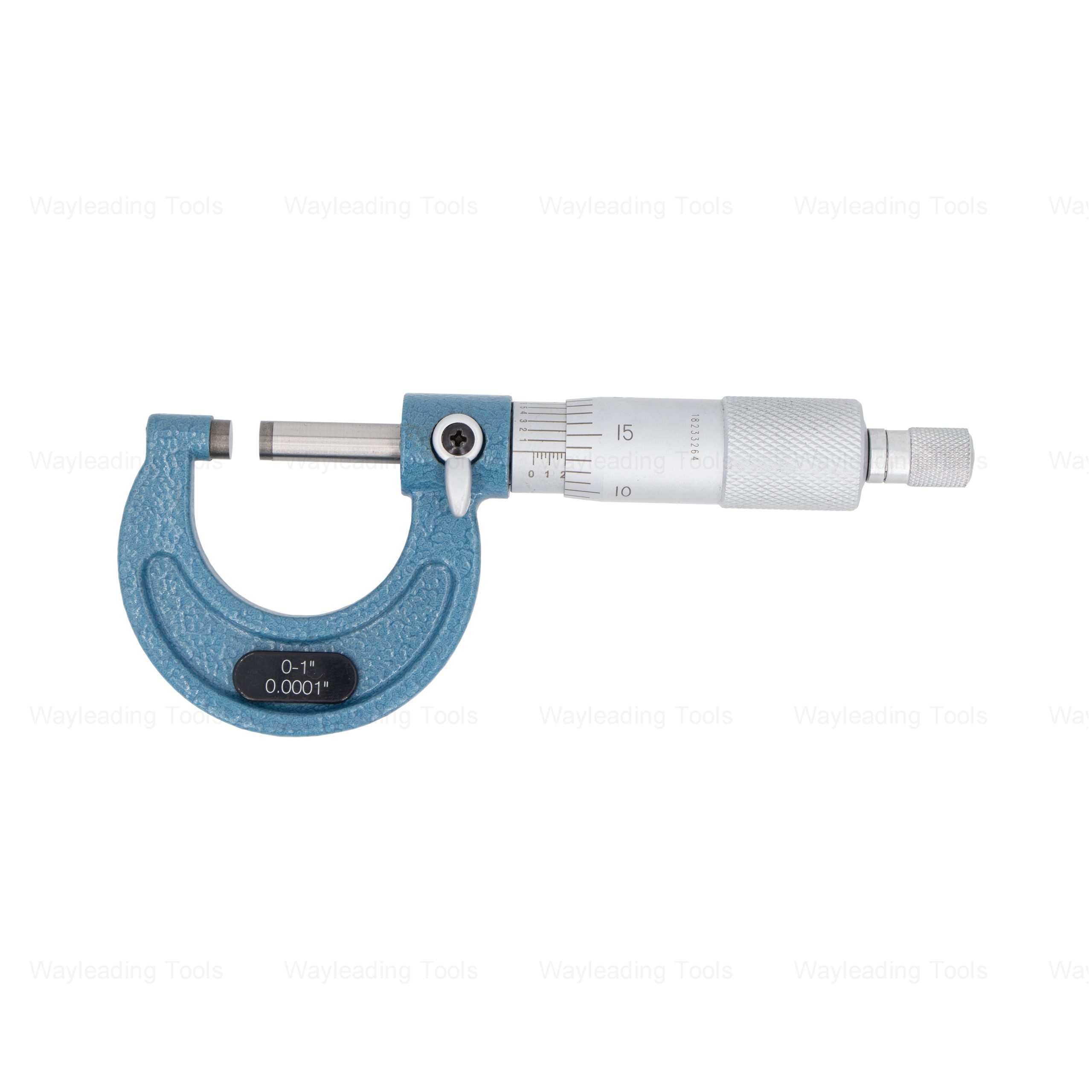 Premium Outside Micrometer – Metric & Inch, Ratchet Stop, Industrial Grade
Premium Outside Micrometer – Metric & Inch, Ratchet Stop, Industrial Grade -
 HSS Metric Plain Metal Slitting Saws For Industrial
HSS Metric Plain Metal Slitting Saws For Industrial -
 Type A Cylinder Tungsten Carbide Rotary Burr
Type A Cylinder Tungsten Carbide Rotary Burr -
 MT-APU Drill Chuck Holder With Keyless Type
MT-APU Drill Chuck Holder With Keyless Type -
 HSS Annular Cutters With Weldon Shank For Metal Cutting
HSS Annular Cutters With Weldon Shank For Metal Cutting -
 HSS Threading Taps – ISO 529, Straight Flute, Spiral Flute & Spiral Point
HSS Threading Taps – ISO 529, Straight Flute, Spiral Flute & Spiral Point -
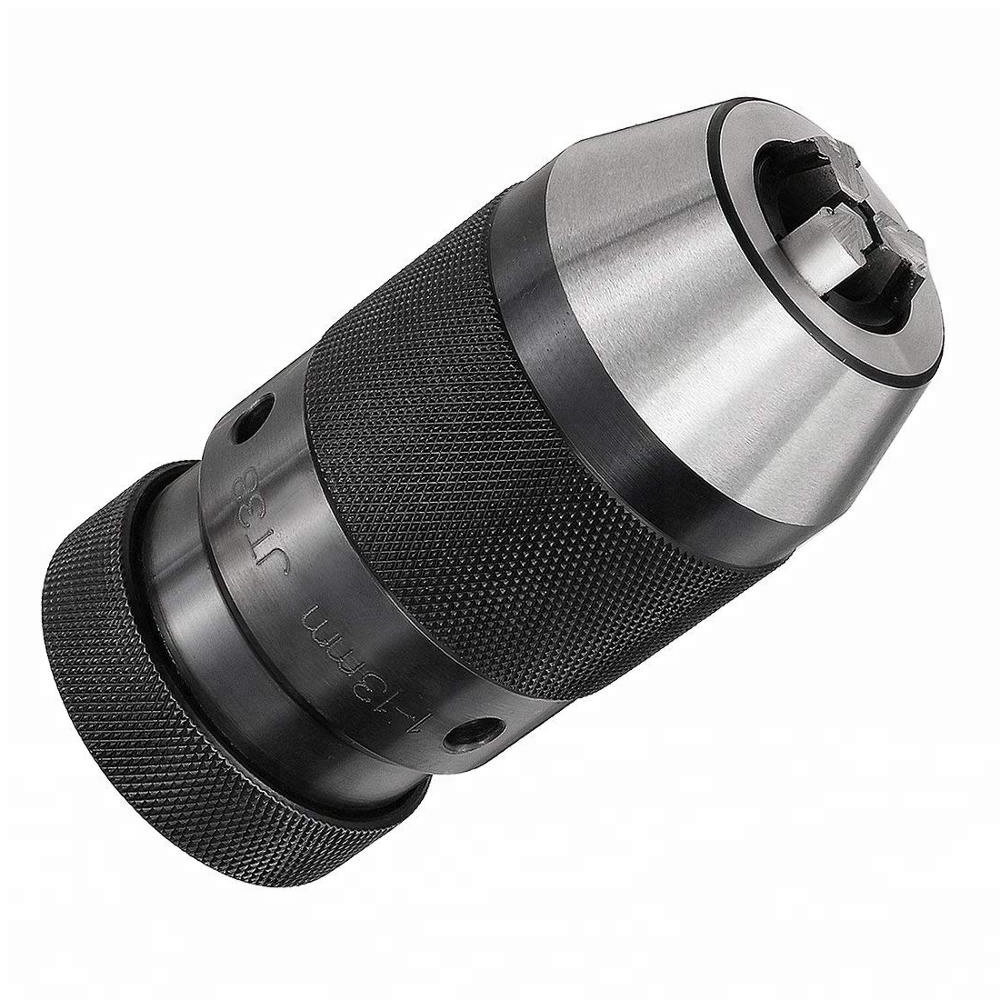 Keyless Drill Chuck With Heavy Duty Type
Keyless Drill Chuck With Heavy Duty Type
Related search
Related search- R8 Hex collet Manufacturers
- intermediate taps Manufacturer
- High-Quality 5C Hex collet
- pull studs wrench Supplier
- High-Quality square shoulder indexable face mill
- iso metric full profile threading insert Manufacturers
- High-Quality morse taper adapter
- internal grooving toolholders Supplier
- High-Quality full fillet spline cutter
- morse taper sleeves Factories

